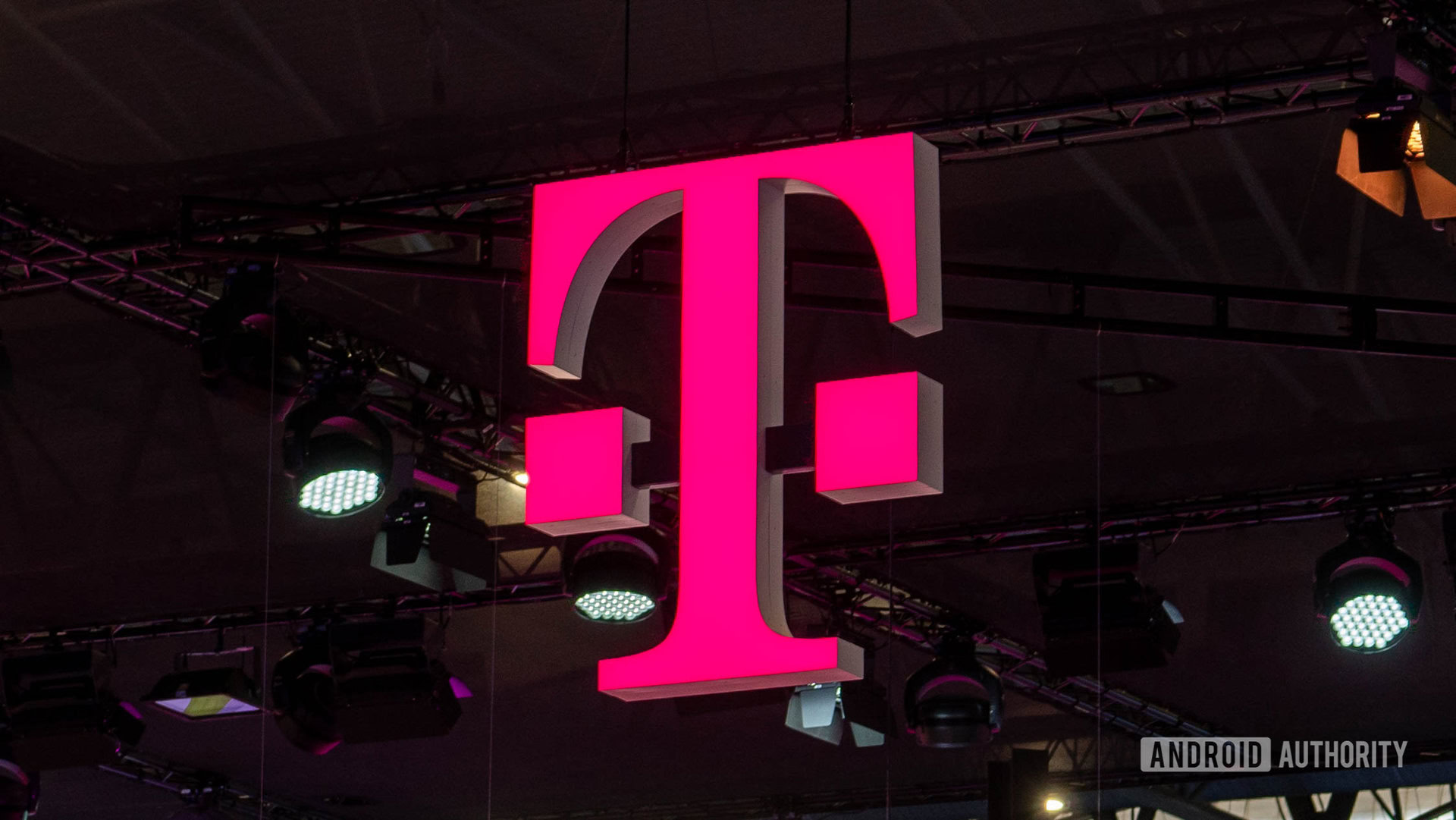Affiliate links on Android Authority may earn us a commission. Learn more.
T-Mobile's new callous move shows it moving even further from 'Uncarrier' roots
Published onSeptember 7, 2023

- A new T-Mobile dividend program is launching right after the announcement of 5,000 layoffs.
- Shareholders will earn dividends from a $3.75 billion pool over the next five quarters.
- The company is also currently completing a $14 billion stock buyback program.
At the end of August, T-Mobile announced it would be laying off 5,000 employees, or roughly 7% of its workforce. Not only was this sad news for the terminated employees, but it also acted as another example of T-Mo backing off from its promises from before the acquisition of Sprint.
Today, the company has poured salt on the wound by announcing a new T-Mobile dividend program for shareholders (via Reuters). This is the first time the company has ever offered dividends. The cash will come from a $3.75 billion pool authorized by the board, to be distributed over the next five quarters.
A dividend is a reward for company shareholders. Think of it as a bonus for believing in a company enough to invest. The more shares you own, the bigger chunk of the pool you receive. T-Mobile’s competitors — AT&T and Verizon — offer $8 billion and $11 billion in annual dividends, respectively. T-Mobile CEO Mike Sievert said the $3.75 billion pool is just a start, with an expected 10% growth in payouts each year.
Reading between the lines, this new dividend program is a message from T-Mobile to shareholders that it appreciates them and wants them to stick to their investments to earn more.
Of course, these T-Mobile dividends mostly benefit wealthy shareholders. The company is also in the middle of a stock buyback program to the tune of $14 billion, which is another move that will distribute more money to the top.
Meanwhile, T-Mobile has laid off over 10,000 employees over the past few years, which Sievert openly admits was done to “reclaim [T-Mobile’s] efficiency.” It’s sad to think so many people needed to lose their jobs to line the pockets of folks at the top of the chain. To move forward with these policies right after the layoffs is a special kind of callous that doesn’t seem very “uncarrier.”